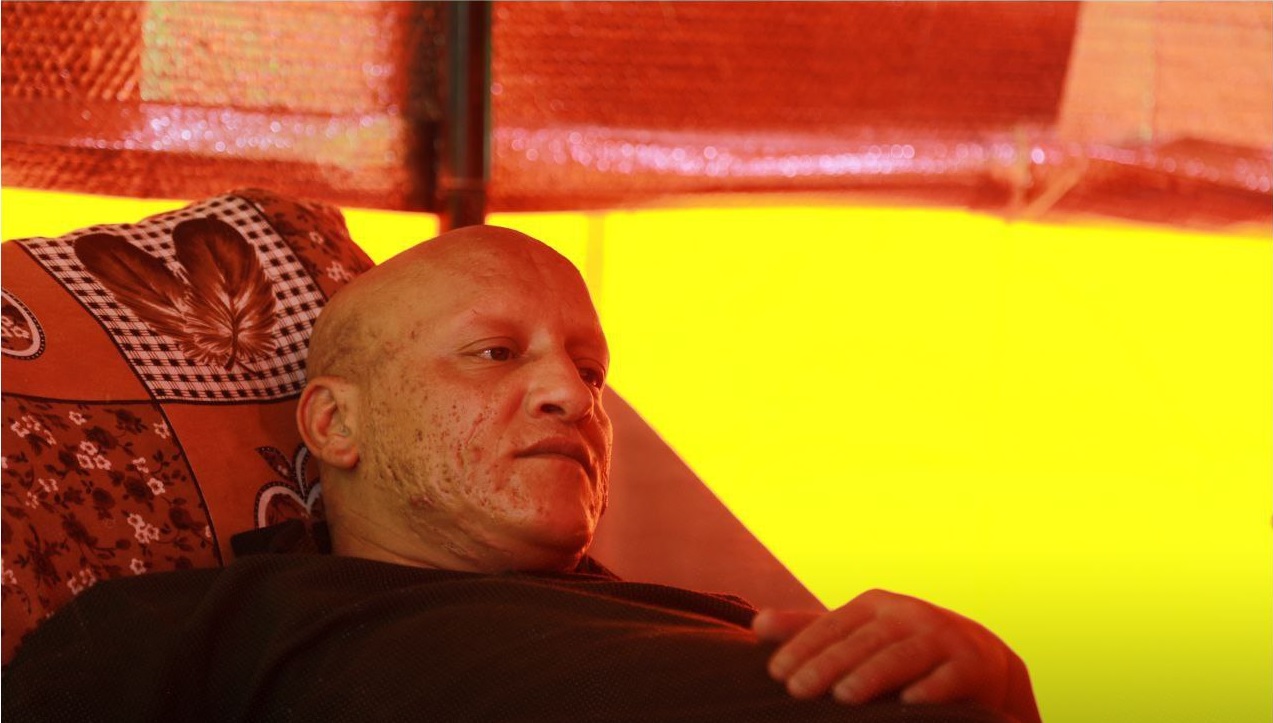
Amidst the backdrop of the war and the aftermath of a devastating earthquake, cancer patients in northwestern Syria are facing an unprecedented humanitarian crisis. A recent online campaign has shed light on the plight of these patients who have been denied access to much-needed medical treatment across the border in Turkey.
The crisis began on February 6th, when the border was closed for cancer patients who had temporarily returned to Syria from Turkey following the earthquake. Since then, the border has remained shut, leaving Syrians residing in Idlib without access to medical care in Turkey. The situation has become increasingly dire, especially for the 3,000 cancer patients who are currently besieged in the region.
Among the cancer patients affected, children and women account for a staggering 65% of the cases in the liberated north. Approximately 800 of these patients require immediate medical attention in Turkey. The earthquake’s impact on the healthcare system in the liberated region has exacerbated the scarcity of resources and collapsed health centers, leaving patients with limited options for treatment.
Today, in response to the ongoing crisis, a protest took place at the Bab al-Hawa border crossing, drawing attention to the dire situation of cancer patients in northwestern Syria. The organizers of the protest emphasized the fundamental right to medical treatment for these patients and advocated for a mechanism that would expedite their entry into Turkish hospitals for essential care.
Throughout the campaign, media messages highlighted the urgent need to focus on the medical treatment rights of cancer patients and emphasized the connection between the earthquake crisis in Syria and Turkey. The campaign’s primary goal was to shed light on the plight of 608 documented cancer cases and advocate for sustainable solutions to address their suffering and urgent need for medical treatment.
Importantly, the organizers clarified that the campaign was not aimed at collecting donations but rather at demanding immediate access to medical treatment for cancer patients. They called for a balanced approach that appealed to both the Turkish government and the Turkish people, recognizing the challenges faced by the government while advocating for the rights of cancer patients.
Visual storytelling played a crucial role in the campaign, effectively showcasing the severity of the patients’ conditions in the absence of medical treatment. Additionally, the campaign highlighted successful cases of cancer recovery after receiving proper treatment, offering hope and illustrating the possibilities for better outcomes.
As the protest gained momentum, the urgency of the situation could not be overstated. International organizations, UN agencies, and the Turkish government were called upon to uphold their legal, humanitarian, and ethical responsibilities. Activists and workers in civil society institutions within the besieged northern Syria urged the international community to establish a new mechanism for providing humanitarian aid, including medical assistance for cancer patients and other vulnerable groups in need.
The message of the campaign was clear: cancer doesn’t wait, and neither should the international community. With the lives of thousands of cancer patients hanging in the balance, it was deemed a collective duty to extend a helping hand and provide the medical assistance they desperately needed. The organizers emphasized that leaving them to suffer without access to treatment would be nothing short of a crime against humanity. Today was a pivotal moment, and every effort must be made to rescue these innocent lives and restore their hope for a better future.









